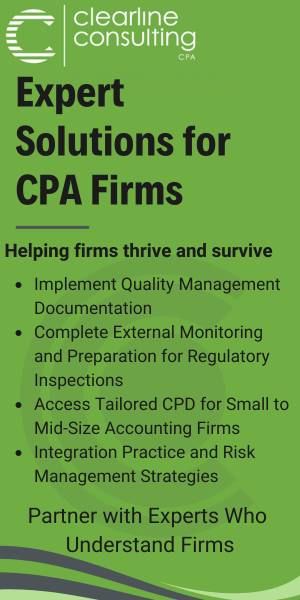The CPA PEP core modules: What should you focus on?

Core module success is all about breadth, not depth, says student blogger Andrew Knapman
Editor's Note, 2021: Since the writing of this column in 2018, Oracle (referred to below) has been replaced by Learning EBook.
VANCOUVER – In this, my first post as the new “student blogger” for Canadian Accountant, I want to talk about the CPA core modules for students in the CPA Professional Education Program (CPA PEP), the national education program required for the Chartered Professional Accountant designation.
As a student who has already passed both the core modules with distinction — and in a relatively stress-free manner — I’ve learned a few key tips for success that I can share with you. Everybody learns differently though, so take this with a pinch of a salt.
First off, the CPA core modules can be quite shocking to new students. No longer will you have your hand held while being gently guided into a calm and controlled learning environment. There will be no constant reminders to complete your work and no administration devoted to helping you succeed.
Where the focus of your study should be
I fully believe that the CPA profession enjoys throwing people into the deepest end of the pool right away to separate the “might have a chance” group from the “not a chance in hell” group. There is a reason Core 1 has the highest failure rate of all CPA modules. I think it’s because most people come into the program with no sense of what’s to come.
The most guidance you will get from the profession is what’s known as the CPA Competency Map. In my opinion, it’s a confusing and largely contradictory encyclopedia of everything you’ve forgotten from university, yet need to learn again in order to pass.
You will also get access to “The Oracle,” an online resource within D2L that, in my experience, is an incomplete, disorganized mess of reading materials for random topics related to the CPA.
I recommend that you focus instead on the exam blueprint, your generic guide to what will be on the exam. Core 1, for example, covers financial reporting (50-70%), assurance (10-30%), finance (5-10%) and tax (10-20%).
This immediately tells you where your focus should lie. There will be no questions relating to management accounting nor performance management. Don’t be scared into thinking that “anything can be asked and you should know every topic you’ve ever learned.” In reality, this isn’t the case, and the exams I’ve taken have stuck to the blueprint pretty religiously.
Core exams are based on three hours of multiple choice questions and one 60-minute case broken down into three to five short answer questions. This tells you there is no opportunity to go into great levels of depth on any question. This is very important to know for the next point.
Prioritize your learning: breadth, not depth
You should now know where to focus your studies on a broader level but now it’s time to really drill down to specifics. I don’t want to speculate what will and will not be on an exam but the core modules are really about having all of the basics down well.
Using Core 1 as an example, think revenue recognition, inventory, PPE, liabilities, etc. These are subject areas that are easy to ask short questions about, which we know will be the focus of the exam. You will not have to prepare a long cash-flow statement, an in-depth tax return, or consolidate three sets of financials into one, so don’t spend days studying these to the minute detail.
This doesn’t mean a short question won’t be asked about these subject areas. It just means you won’t have to go into lengthy detail about any one topic.
More on the core modules to come
I’ve barely scratched the surface when it comes to the core modules and, like the exams themselves, my time is up. But before I conclude, I want to stress that, in my opinion, a lot of students seem to focus their efforts on exam preparation, particularly when it comes to things like the practice cases.
I understand the logic but for me this approach never worked. I will go into why in my next post. In the meantime, please check on my earlier, guest blog posts, “How tough is the CPA Professional Education Program?” and “CPA Student Blog: Should I take university or CPA prep courses?”
Andrew Knapman lives in Vancouver, B.C. and is a student in the CPA Professional Education Program through CPA BC. The views expressed in this guest blog are his own. Connect with Andrew through his LinkedIn profile and follow him on his journey to becoming a Chartered Professional Accountant through future blog postings on Canadian Accountant.










(0) Comments